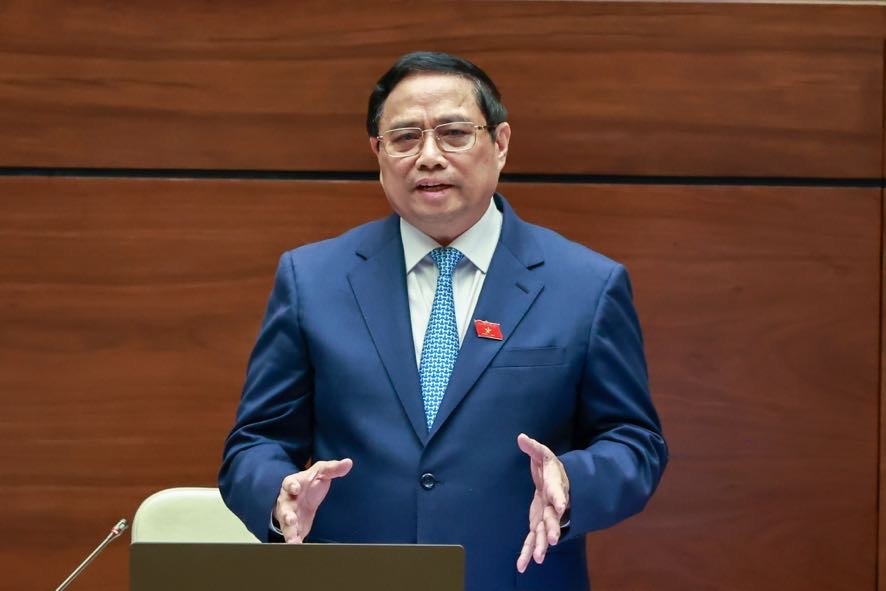 |
| Prime Minister Pham Minh Chinh answered questions from National Assembly deputies on foreign affairs and integration on the morning of November 8. |
On the morning of November 8, after presenting a report explaining and clarifying a number of issues of concern to National Assembly deputies, compatriots and voters, Prime Minister Pham Minh Chinh answered questions from National Assembly deputies.
Accordingly, delegate Duong Khac Mai (National Assembly delegate of Dak Nong province) highly appreciated the foreign affairs and international integration work in recent times, achieving outstanding results, contributing significantly to attracting resources, promoting trade, investment and enhancing the country's position and prestige.
Delegates asked the Prime Minister to provide strategic orientations, tasks, and solutions for 2024 in line with the international situation that has been evolving in a complex, unusual, and uncertain manner.
Responding to delegates, the Prime Minister said that we are pursuing independent, self-reliant, multilateral, and diversified foreign relations, being a friend, a reliable partner, and an active, responsible member of the international community. Implementing this policy, we have identified priorities, including: neighboring countries, traditional friends, and major countries.
Foreign affairs and integration have achieved very important results and are a bright spot as General Secretary Nguyen Phu Trong stated at the 8th Central Conference, thereby creating a peaceful and stable environment for development, attracting development resources (in terms of capital, technology, governance, human resource training); contributing to building an independent and self-reliant economy associated with active and proactive international integration, deep, substantial and effective.
Recently, Vietnam has continued to upgrade its relations with other countries, including establishing strategic partnerships and comprehensive strategic partnerships with the five permanent members of the United Nations Security Council and many G20 countries.
Continuing to promote the achievements of foreign affairs and integration in 2023, we are building a foreign affairs and international integration program in 2024 and continuing to implement Directive No. 15-CT/TW dated August 10, 2022 of the Secretariat on economic diplomacy to serve national development until 2030 and continue to mobilize the strength and resources of overseas Vietnamese.
Regarding the relocation of the 500 KV line, the Prime Minister requested the Minister of Industry and Trade, together with the Vietnam Electricity Group and relevant ministries and branches, to urgently study, make an accurate and specific assessment and have specific solutions, if necessary, to relocate to ensure development.
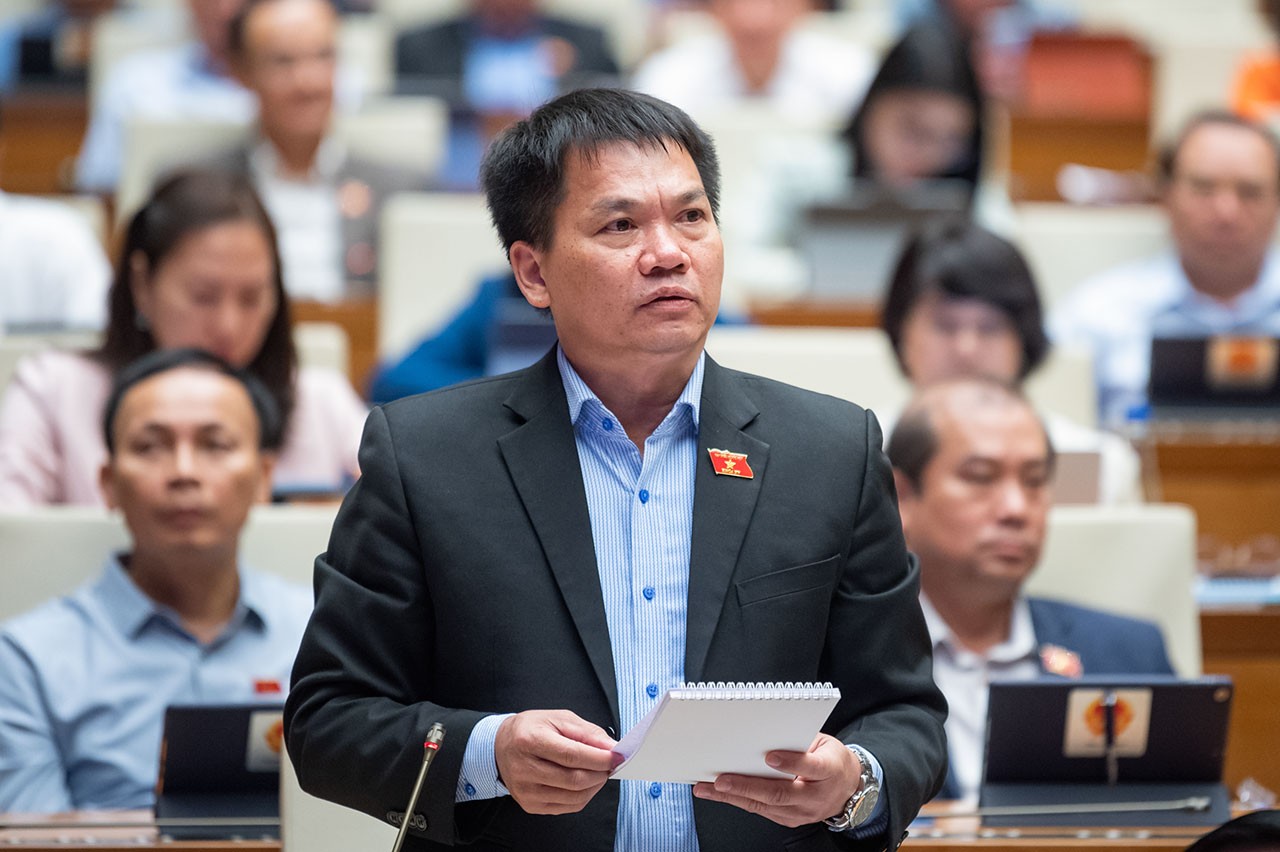 |
| Delegate Duong Khac Mai, National Assembly delegation of Dak Nong province, spoke at the question and answer session on the morning of November 8. |
Responding to a question from delegate Nguyen Ngoc Son about tourism development, Prime Minister Pham Minh Chinh said that Vietnam has many advantages in tourism development, but in reality, tourism has not developed commensurate with its potential and strengths as expected by the community and voters nationwide. The reasons are related to institutions, policies, human resources, and planning, of which subjective reasons are the main ones.
Regarding solutions in the coming time, the Prime Minister affirmed to continue institutionalizing the Party's policies, in which tourism is identified as a key economic sector. Focus on leadership, direction, clearly identify development focus; prepare resources and human resources to meet the requirements of international integration; at the same time, there is synchronous coordination between all levels and sectors.
Regarding the question of delegate Nguyen Lam Thanh regarding decentralization and delegation of power, the Prime Minister affirmed that this is an important task, to more clearly define the responsibilities of all levels, promote the dynamism, creativity and initiative of all levels, and clarify the responsibilities of all levels. However, decentralization and delegation of power have not been seriously implemented, failing to meet the demands and expectations of voters and the people.
The reasons are that the Party's guidelines and the State's policies and laws have not been thoroughly and seriously implemented; some agencies and units do not really want to decentralize; the capacity of cadres is still limited and inadequate, especially for big and new tasks; meeting people's requirements involves many levels and many sectors, so this work has not met the set requirements.
Regarding solutions, the Prime Minister emphasized that direction and decentralization must go hand in hand with resource allocation, strengthening supervision and inspection, improving the implementation capacity of subordinates, perfecting institutions, boldly implementing decentralization and delegation, and avoiding evasion and shirking.
Source


![[Photo] The moment Harry Kane lifted the Bundesliga trophy for the first time](https://vphoto.vietnam.vn/thumb/1200x675/vietnam/resource/IMAGE/2025/5/11/68e4a433c079457b9e84dd4b9fa694fe)

![[Photo] Prime Minister Pham Minh Chinh chairs the fourth meeting of the Steering Committee for Eliminating Temporary and Dilapidated Houses](https://vphoto.vietnam.vn/thumb/1200x675/vietnam/resource/IMAGE/2025/5/11/e64c18fd03984747ba213053c9bf5c5a)
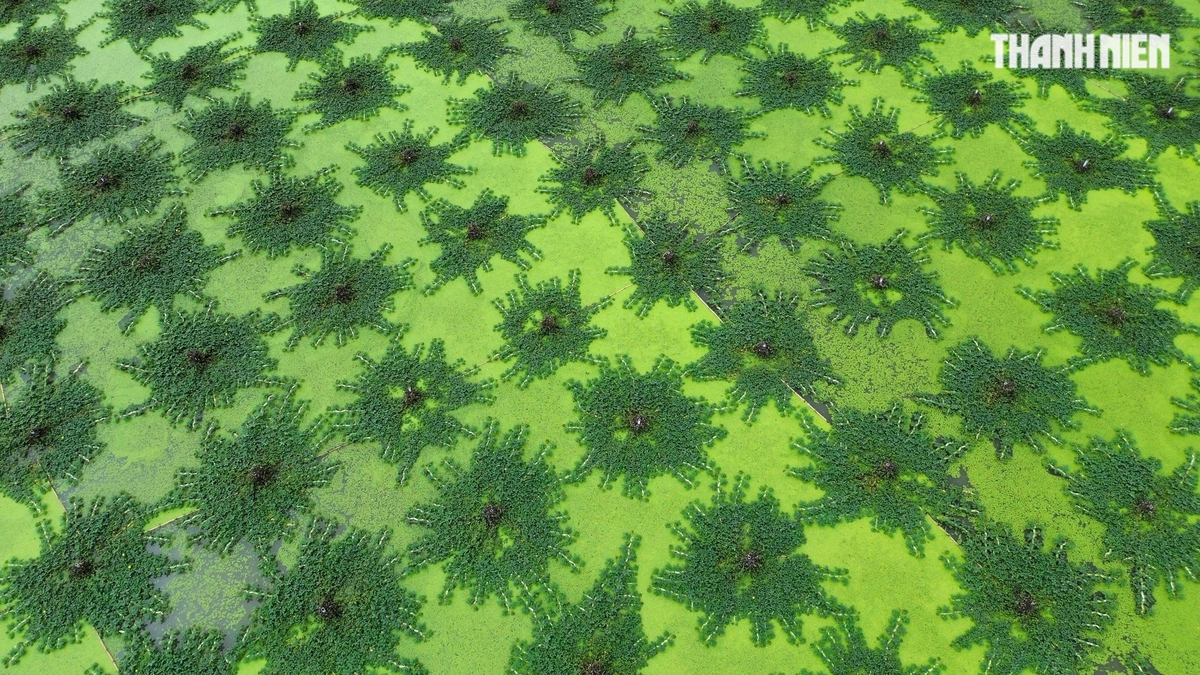
![[Photo] National Assembly Chairman works with leaders of Can Tho city, Hau Giang and Soc Trang provinces](https://vphoto.vietnam.vn/thumb/1200x675/vietnam/resource/IMAGE/2025/5/11/c40b0aead4bd43c8ba1f48d2de40720e)
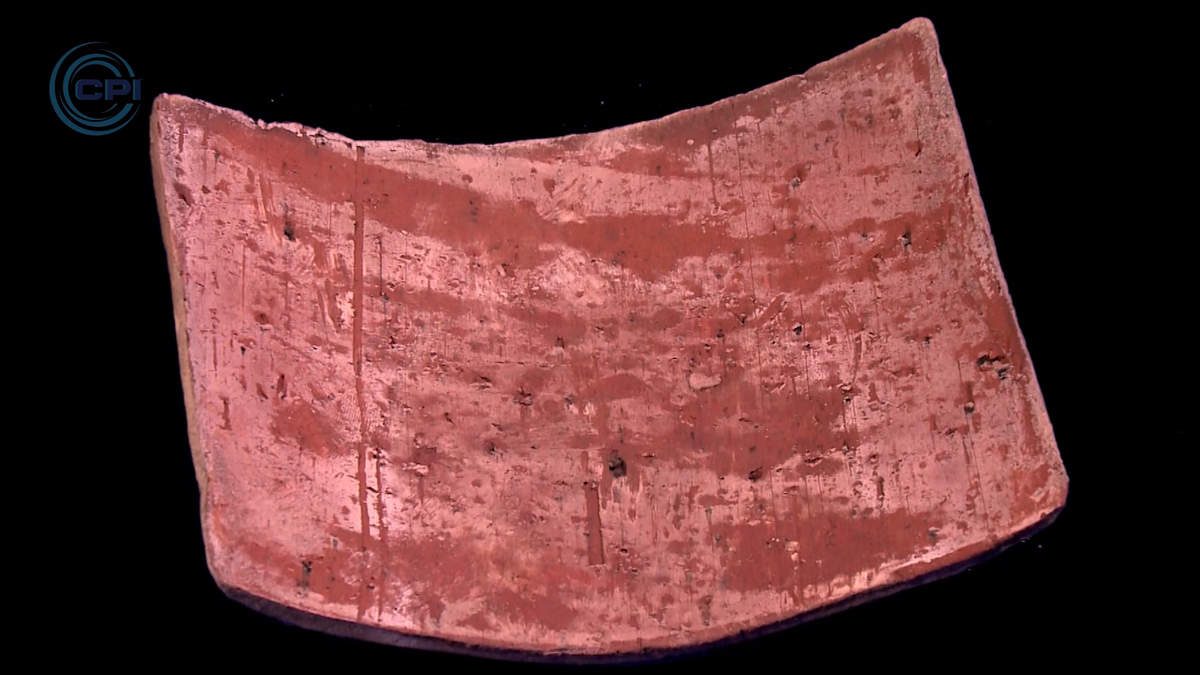


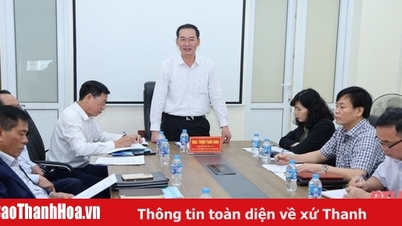
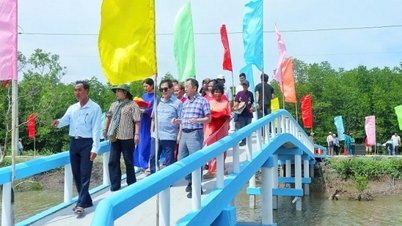




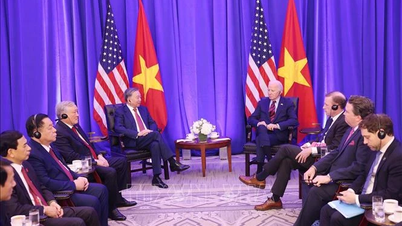

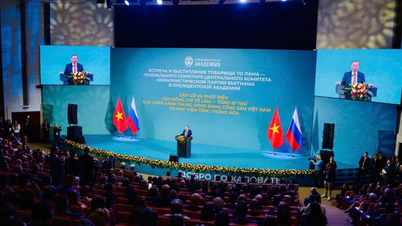

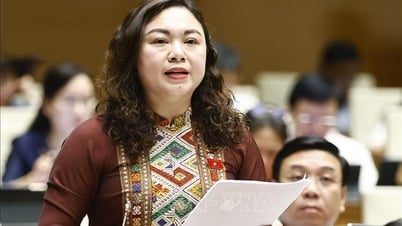
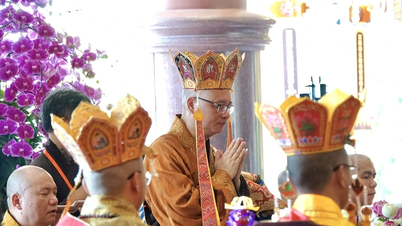
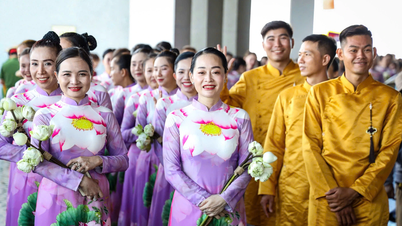
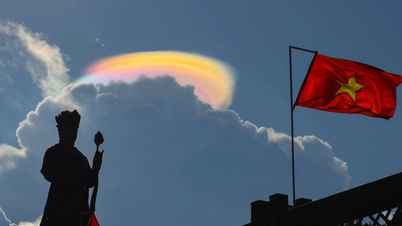





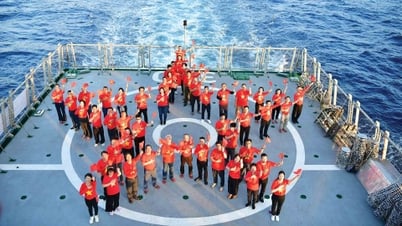
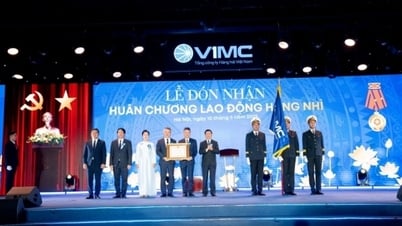
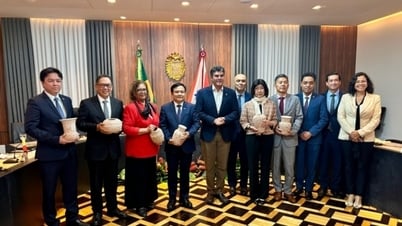

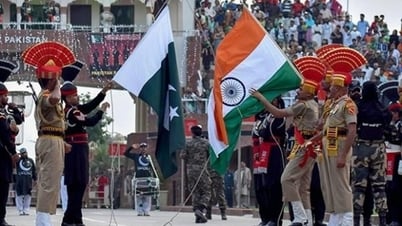






























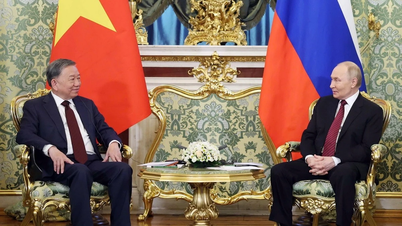
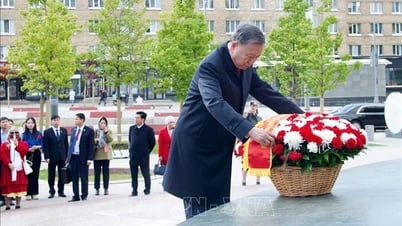

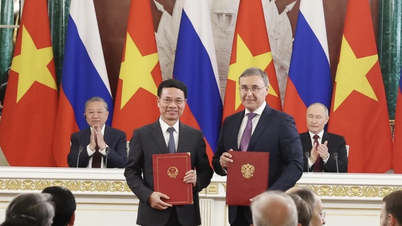

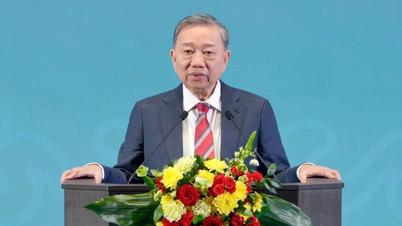











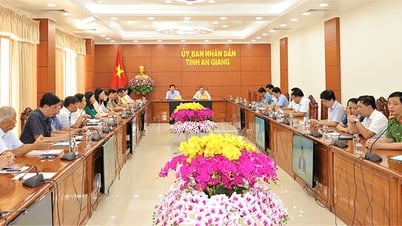



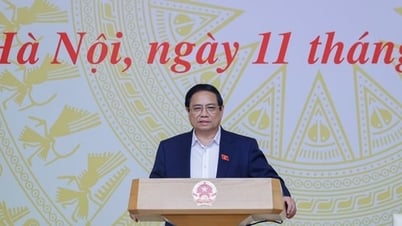

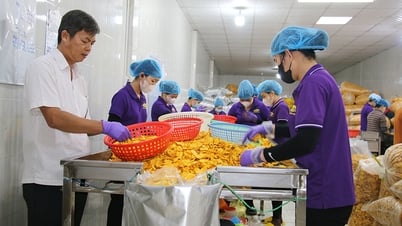

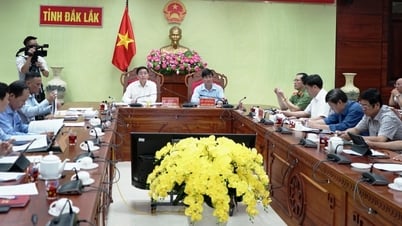











Comment (0)